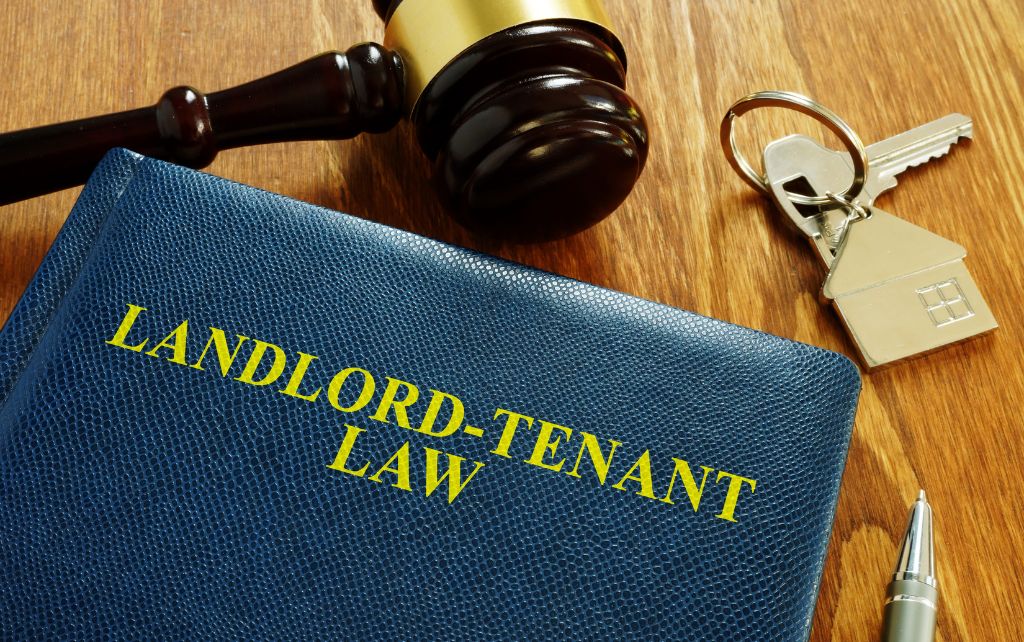When you’re running a business, it is essential to be familiar with the law. Federal and state regulations influence the decisions that you make as a business owner, and your rental business is no exception.
If you’re a landlord in the state of Missouri, you should be aware of all the laws that are specific to your state. This article will walk you through the Missouri landlord tenant laws that will help you stay vigilant and informed with your business going forward.
Rent
Some states enforce a limit on what landlords can charge their tenants for rent. This practice is called rent control, and Missouri rent laws ban it outright. But even though there is no enforceable limit on the price of rent, it is always advisable to stay aware of prices in your area so that you can ensure your own prices are reasonable and competitive in the market.
The median monthly rent in Missouri is $1,300 and is the same in Kansas City—its most populated city. This amount is well below the national average and should be considered when you are deciding what price to charge for rent.
Late Fees
When a tenant fails to pay rent on time, you are entitled to charge late fees. Just like the price you can charge for rent, the amount that you are able to charge for late fees is entirely unregulated. In theory you can charge any amount you want, but a standard late fee for rent is around 5-10% of the price of a rent payment. With the median monthly rent price in the state in mind, a typical late fee that follows this rule might be somewhere between $65-$130.
Furthermore, there is no mandatory grace period. A grace period is a window of time following the rent collection date in which a tenant can submit a rent payment without any penalty. Missouri having no mandatory grace period means that you could hypothetically charge late fees the day after a tenant misses a rent payment.
Fair Housing Protections
Prospective and existing tenants in all fifty states are all protected by the federal Fair Housing Act. This act prohibits any discrimination in housing based on race, color, religion, gender, national origin, disability, or familial status. Statewide, Missouri also protects discrimination on the basis of ancestry.
Landlords in Missouri are permitted to run criminal background checks on prospective tenants. The U.S. Department of Housing and Urban Development (HUD) recommends considering the results of each applicant on an individual basis and only avoiding applicants whose criminal records indicate a potential safety threat or a failure to follow the terms of your lease agreement.
Eviction
If a tenant fails to pay their rent, Missouri laws on eviction do not require that you issue of a rent demand notice. Since there is also no requirement for a grace period, you can file at any point after the rent collection date. You should remember that eviction is a complicated legal process, and it can require a lot of attention and resources. You should never take the eviction process lightly.
For any other lease violations, Missouri law requires a ten-day period in which a tenant can rectify the violation before you file for eviction. If you are issuing an unconditional notice to quit due to illegal activity by the tenant, the tenant still has a minimum of ten days to vacate the property, but they are not guaranteed an opportunity to remedy the breach.
The Servicemembers Civil Relief Act makes an exception for active service members who break their lease agreement early. If their lease was signed before active duty and they will be on duty for the next 90 days, breaking their lease agreement early is allowed as long as they provide a written notice.
Conclusion
Being aware of the laws in your state is one of the most important jobs you have as a landlord. It’s imperative that you know whether your leases and other business decisions are compliant with the law in order to avoid potential legal trouble. Hopefully, this article has outlined constraints and opportunities that will help you make educated decisions going forward.

